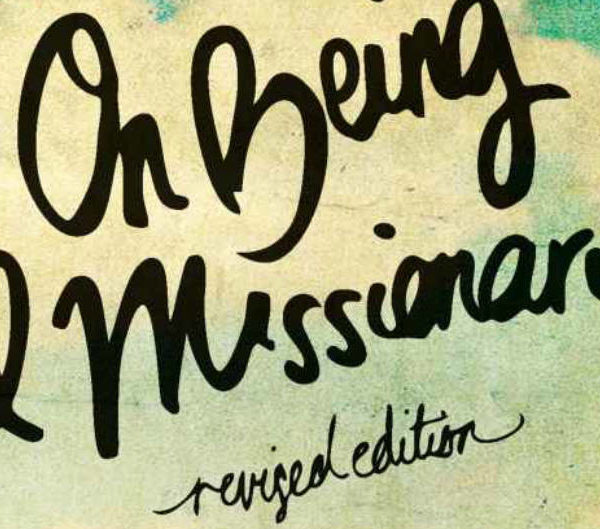A Palace, or a Mud Hut? We come to what is perhaps one of the discussions that Chloe and I are most apt to have regarding our lives in Karamoja—what should our standard of living be? In San Diego, we lived in fairly moderate circumstances—a
On Being a Missionary
Kings, Cooks, Beggars, Saints Our last chapter was a bit theoretical on the inevitability of culture shock and how to overcome it. This chapter is more nuts and bolts about how to interact with various people on the mission field in the developing world. This
Culture Shock It’s the biggest catch-phrase of moving between continents. When Chloe and I first arrived back in San Diego, it was the first question on everyone’s lips—are you experiencing culture shock? Of course, this question was directed the other way, assuming that we had
Making the Transcultural Connection I’ve been on hiatus hoping that the notes I made to outline this post would turn up, but they have, alas, disappeared into the ether. What follows, then, will be completely unscripted, so buckle up. The main point of this chapter
Into the New World When I arrived my first time in Karamoja, armed with a digital camera, a long-barrelled lens, and a large shoulder bag of equipment in tow, many of the locals eyed me suspiciously. Many, should I point my camera in their direction,
Preparation It could be my own lack of self-reflective abilities (hopefully not) or the fact that so many of the questions in this chapter have been settled for us already, but I did not find this chapter tremendously useful to us in our present situation.
The Call “Being a missionary begins with being called. You don’t choose to be a missionary; you’re called to be one. The only choice is whether to obey.” Hale opens his second chapter in this way, confronting the reader with the question—am I being obedient
